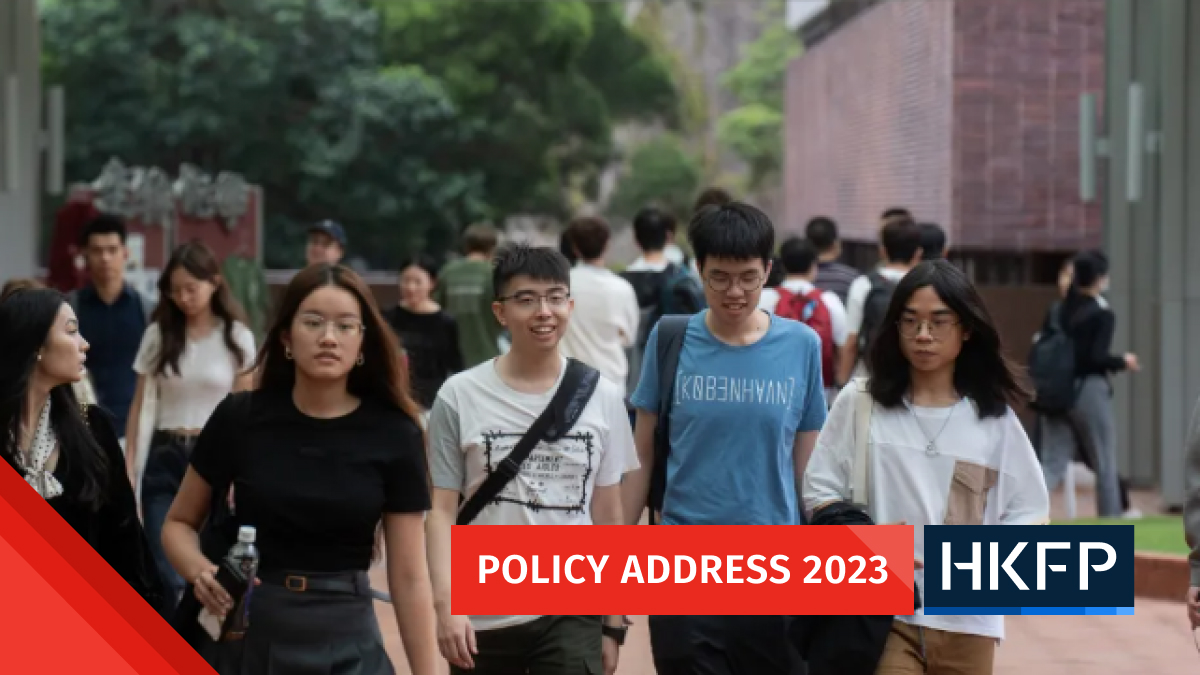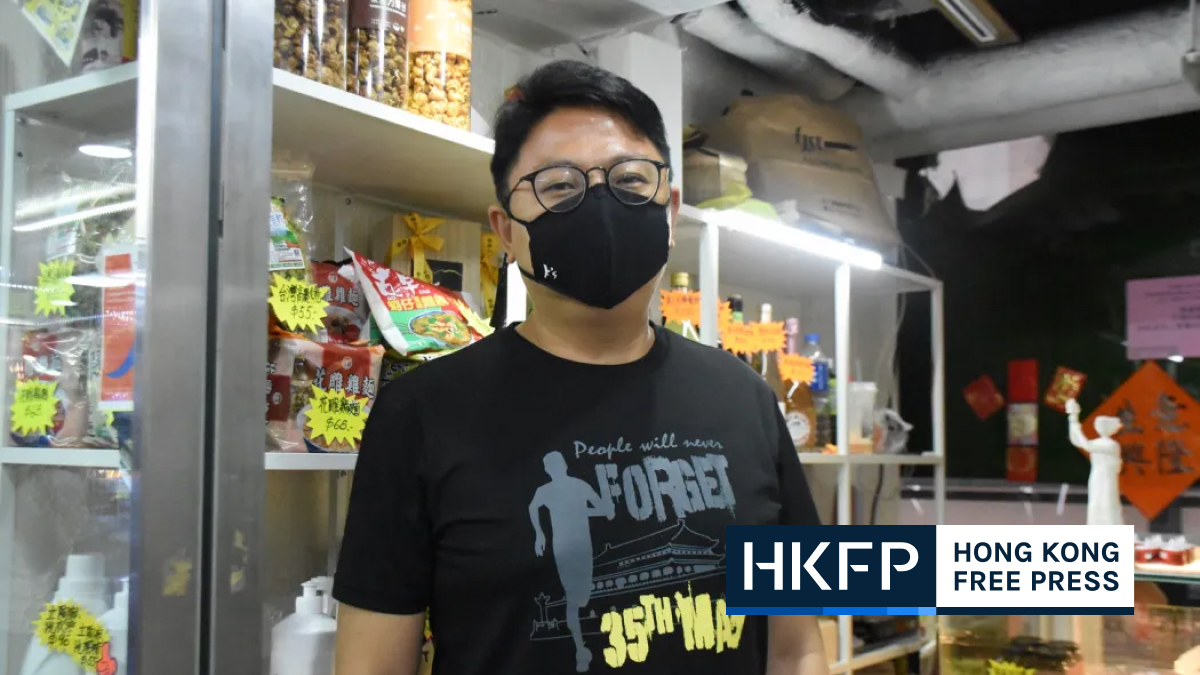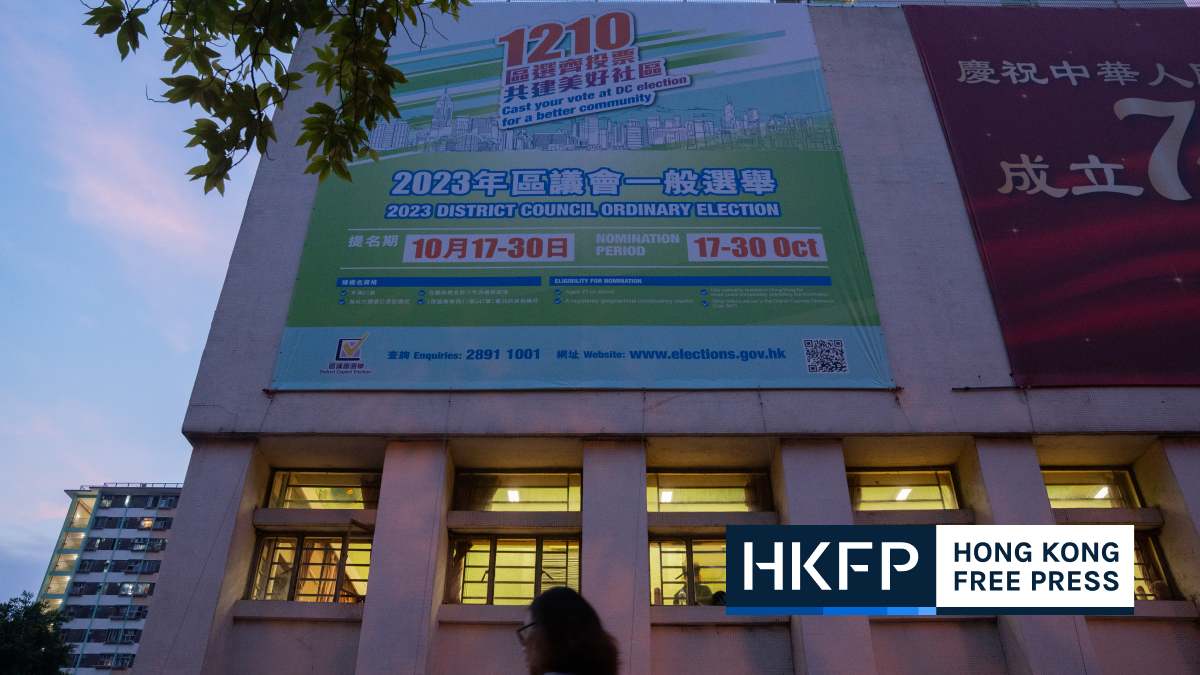Migrant domestic workers in Hong Kong who complained of being overcharged by agents faced an average fee of over HK$19,000, a union federation has found.
The Hong Kong Federation of Asian Domestic Workers Unions (FADWU) handled 57 cases related to workers being overcharged by agencies since last year, where the average fee charged to each migrant worker was HK$19,394.

The latest figure was 56 per cent higher than the HK$12,446 average overcharge in 2021, FADWU said in a press statement last Sunday. Over 90 per cent of the cases involved Indonesian workers, the federation said.
Of the 57 cases, 28 involved the same employment agency, FADWU said. The workers involved were forced to sign a loan agreement before leaving their home country and were told to make repayments to finance companies in Hong Kong, Wang Meng, organising secretary of the federation, said on RTHK on Tuesday.
“[Migrant workers] are controlled by agents after joining the agencies in Indonesia. Indonesia passed a law in 2021 banning agencies from charging workers, all costs have to be borne by the employers and the government,” said Wang, speaking in Cantonese.
“However, after [the workers] obtain their visa, and days before their departure, or at the airport, the agencies will force them to sign a loan agreement, even though [the workers] did not receive any money,” the organising secretary said.
“After they arrive in Hong Kong, the Hong Kong agencies will give them a document saying that they’ll have to repay, for example, HK$3,800 per month, for six to 12 months to a Hong Kong finance company. Therefore when they arrive in the city they are forced to make repayments, and the agencies are likely to confiscate their ID cards, passports, and their contracts.”

To combat this, the Indonesian government informed regions including Hong Kong and Singapore that it would implement a “zero placement fee” policy in 2020. The law would require employers, instead of migrant workers, to bear agent fees.
However, the enactment of the policy, which was supposed to kick in on January 15, 2021, was postponed.
The federation urged the Employment Agencies Administration, under the Labour Department, to “pro-actively and effectively investigate, prosecute and punish employment agencies, including improving the detection rate and increasing punishment.”
Visa denials over ‘job-hopping’ claims
FADWU also urged the government to abolish its “job-hopping” policy, which bars migrant domestic workers from changing employers without specified reasons.
The federation handled 11 cases of visa denials over “job-hopping” claims since last year. Among those were six workers who ended their contracts due to reasons including physical abuse, sexual harassment, lack of suitable accommodation, and refusal of sick leave, FADWU said.

Migrant domestic workers chose not to break their contracts over fear of the “job-hopping” policy despite worsening working conditions during the Covid-19 pandemic, the federation said.
Among 338 complaints received by FADWU last year, only 20 workers quit their jobs, the federation said.
Domestic workers in Hong Kong are legally obliged to live with their employers, and have only two weeks in the city to find another job if their contract is terminated or when it ends.
A 2021 survey revealed that reports of sexual abuse and harassment suffered by migrant domestic workers in their workplace tripled during the previous year, while another found that 40,000 workers in Hong Kong were given zero rest days during the pandemic.
The Labour Department told HKFP on Tuesday evening in an email response that the government valued protecting the labour rights of foreign domestic workers in the city, and that they would not tolerate any exploitative or abusive actions towards foreign domestic workers.
Employment agencies were also barred from charging job-seekers other than a prescribed commission that was not more than 10 per cent of the worker’s first month’s wages, according to the Employment Ordinance and the Employment Agency Regulations, said the Department.

Excluded from Hong Kong’s minimum wage scheme, migrant domestic workers have a minimum monthly salary of HK$4,730, which was increased by HK$100 last year after being frozen for several years.
Foreign domestic workers were also allowed to terminate their contract and apply to change their employment, but they would have to leave Hong Kong and file a new visa application, the department said.
Migrant workers could file an application for change of employer without leaving Hong Kong in “exceptional circumstances” such as abuse or exploitation, said the department.
“Save for the above exceptional circumstances, an application from an [foreign domestic worker] for change of employer in Hong Kong within the two-year contract period will normally not be approved. The policy does not preclude [foreign domestic workers] from working in Hong Kong again after returning to their place of origin, and has allowed sufficient flexibility to cater for exceptional circumstances,” said the department.
Support HKFP | Policies & Ethics | Error/typo? | Contact Us | Newsletter | Transparency & Annual Report | Apps
Help safeguard press freedom & keep HKFP free for all readers by supporting our team

LATEST FROM HKFP
HKFP has an impartial stance, transparent funding, and balanced coverage guided by an Ethics Code and Corrections Policy.
Support press freedom & help us surpass 1,000 monthly Patrons: 100% independent, governed by an ethics code & not-for-profit.







